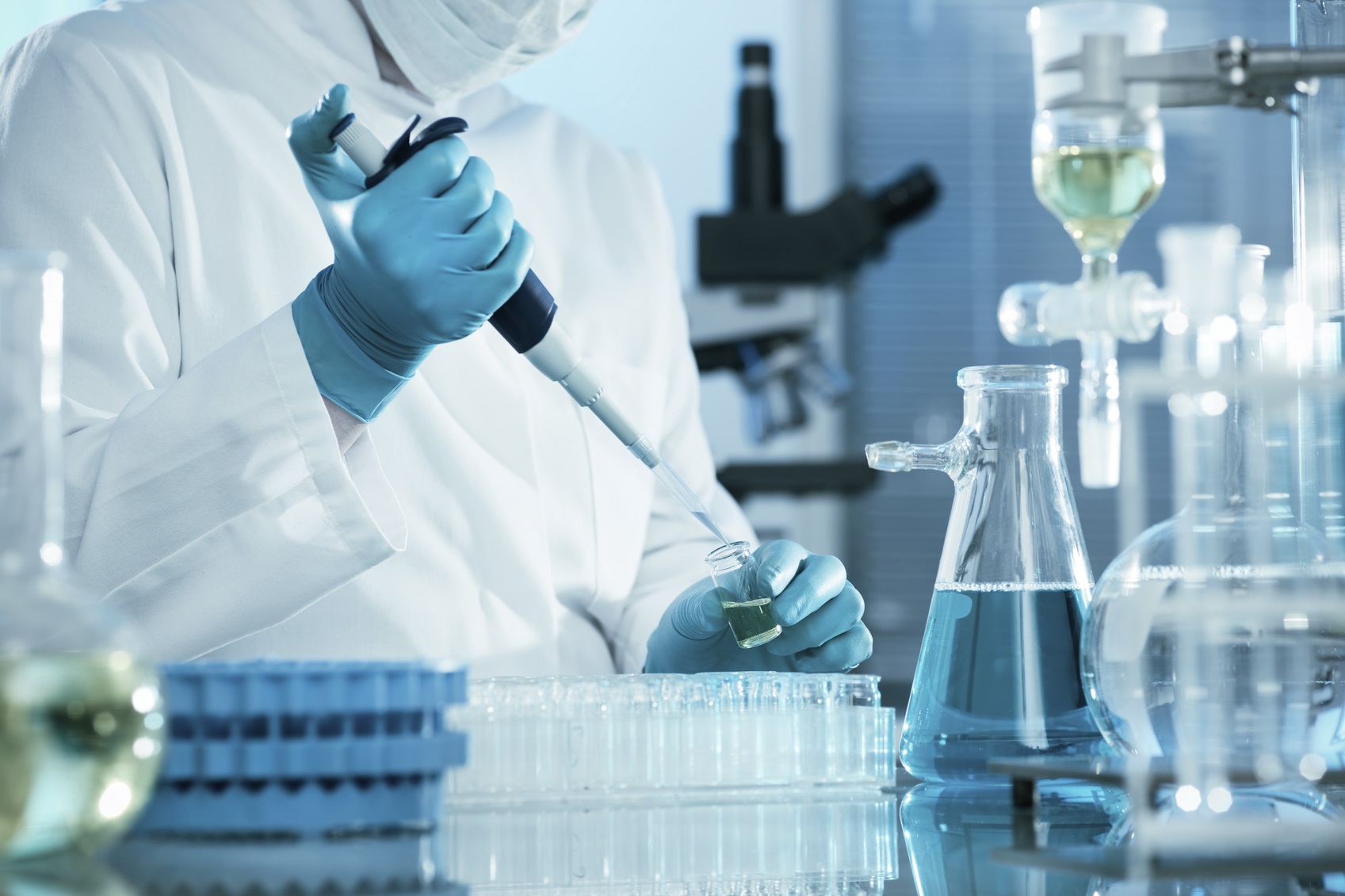Pharming preps filing for rare disease drug leniolisib after trial win

Pharming has taken a step closer to getting a second product to market, after its rare disease therapy leniolisib met its objectives in a pivotal trial, setting up regulatory filings in the coming months.
The Netherlands biotech is developing leniolisib (formerly CDZ173) under license from Novartis for activated PI3K delta syndrome (APDS), an ultra-rare disease with no approved therapies that causes severe immune deficiency and a risk of blood cancers.
It only affects around 1-2 people per million, but Pharming has an opportunity to be first to market in an indication with hardly any competition coming through the industry pipeline.
In its 31-patient phase 2/3 trial, the PI3K delta inhibitor met the twin objectives of reducing lymph node size in APDS patients compared to placebo, and correcting immune deficiency, as measured by the increase in naïve B cells – i.e. those that haven't been exposed to antigens and become antigen-producing or memory cells.
Now, Pharming intends to press ahead with regulatory filings for leniolisib around the world, in the hope of providing an alternative to current supportive therapies for APDS, such as antibiotics and the use of immunoglobulin replacement therapy.
The only potentially curative treatment, a stem cell transplant, is associated with high morbidity and mortality.
If approved, the new drug would be sold through the sales channels set up by Pharming for Ruconest (conestat alfa), its treatment for rare disease hereditary angioedema (HAE) which is facing increasing competition in the marketplace from drugs like Takeda's Takhzyro (lanadelumab).
Sales of Ruconest have held up fairly well, despite the FDA rejecting a bid to expand its label to include prevention of HAE attacks in 2018, bringing in $146 million in sales in the first nine months of 2021. For comparison, Takeda reported sales of around $415 million in the first six months of the 2021-22 fiscal year.
Pharming has since started exploring new uses for the drug in acute kidney injury and COVID-19 pneumonia, whilst working on a gene therapy approach for HAE with Orchard Therapeutics.
Leniolisib is next in line to tap into Pharming's rare disease infrastructure, and if approved it could have the market to itself. GlaxoSmithKline's rival PI3K delta inhibitor nemiralisib was its closest rival in APDS, but was abandoned in 2019.
GSK was focusing mainly on developing nemiralisib for chronic obstructive pulmonary disease but had a clinical programme on the go in APDS. As it stands, the only other candidate for the disease listed in the clinicatrials.gov database is generic drug rapamycin.
Pharming estimates there are around 1,350 patients with APDS in the US, Europe and Japan, and the company has already identified around 350 who could be eligible for treatment using "a sophisticated and targeted digital strategy and artificial intelligence," according to a recent update.











